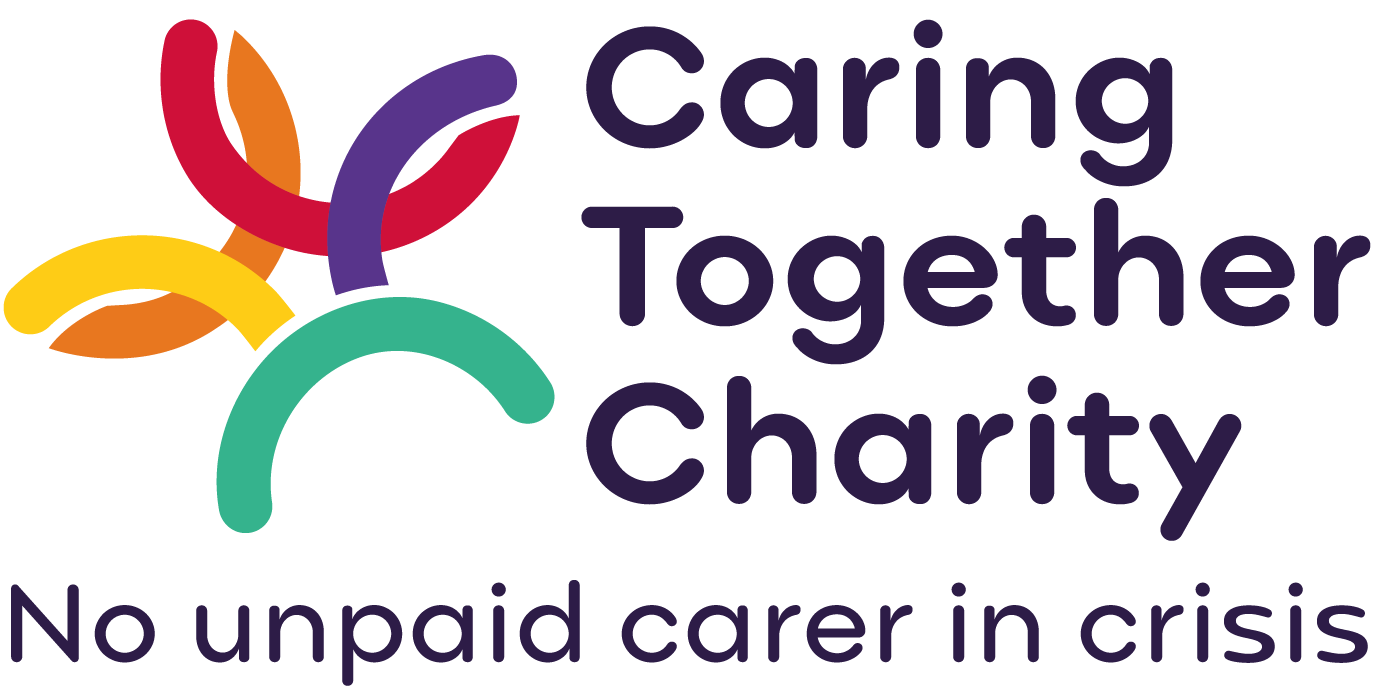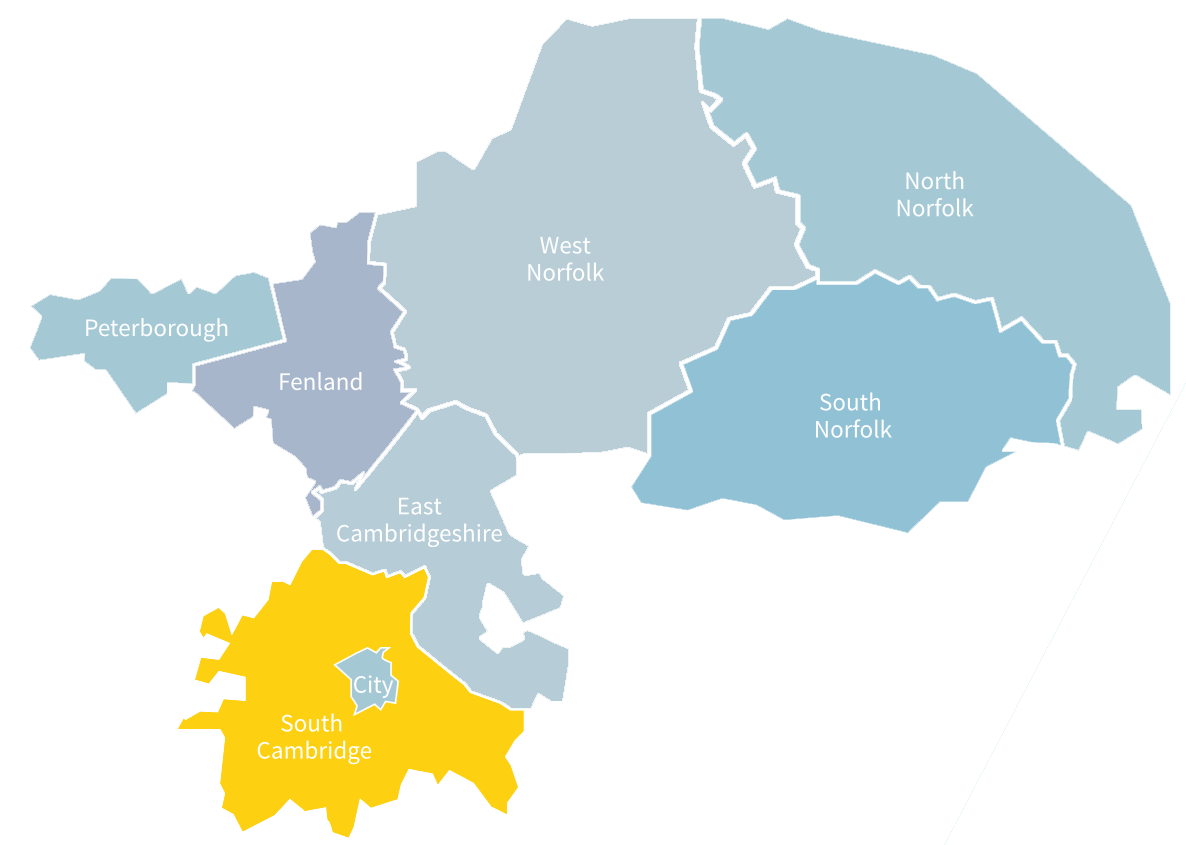It was a fabulous day, very well attended by carers and professionals. We felt it was important for professionals to meet and talk to carers as well as see from the presentations the problems carers face on a daily basis.
Dr Jane Hawking gave an impassioned and moving speech about being a carer for her husband, Professor Stephen Hawking, which the carers in the audience found themselves identifying with. We also had fantastic speeches from Jen Kenward, Amy Baldwin who both talked about the NHS and Department of Health response/promise to carers. Finally, Melanie Gray spoke about what carers had told us in response to a consultation held beforehand, and what we have or will be putting in place to help. See links below to presentations.
After a delicious lunch, it was a chance for carers to enjoy some activities. On offer was some meditation, laughter therapy, art therapy as well as some musical entertainment. It was also a chance for carers to visit the market place and to speak to partner organisations about any concerns or questions they may have had.
Finally, it was also a day of celebration. This is our 30th anniversary year and it was a chance for us to invite some old faces for a cup of tea and a piece of cake and for us to celebrate our achievements over the last 30 years.
We would like to thank everyone who took the time to attend the event. It really was great to see you all and it is something we would like to repeat in future. Watch this space!
Dr Jane Hawking’s key recommendations for carers
Dr Hawking made seven key recommendations based on her experiences of 25 years as a carer for Professor Stephen Hawking which she says pushed her to the brink.
They are:
1. Care should be arranged around the needs of a patient, particularly if that patient wants to do a full time job.
2. A regular provision of care in the home should be provided, perhaps at a specific time of day to relieve the constant burden on the principal carer.
3. A full acceptance of respite care for the carer can only be achieved with a sympathetic, but independent, outsider who can gain the trust of the patient and represent to him or to her the importance of the wellbeing of the carer.
4. The needs of the children of the family must be put first in considering the overall picture and should not be used inappropriately as another pair of hands.
5. Confidential counselling should be available to the family member who is shouldering the huge burden of caring for a disabled person.
6. Advice on technical support should be available to help with equipment that has been provided which can transform lives.
7. When a patient is to be discharged from hospital, the burden of care must not fall on the principal family member. Carers and nurses entering private homes must be properly vetted as people working with children already are. The patient and the family are one unit and should be seen and respected as such.
Watch the interview with Dr Hawking.






